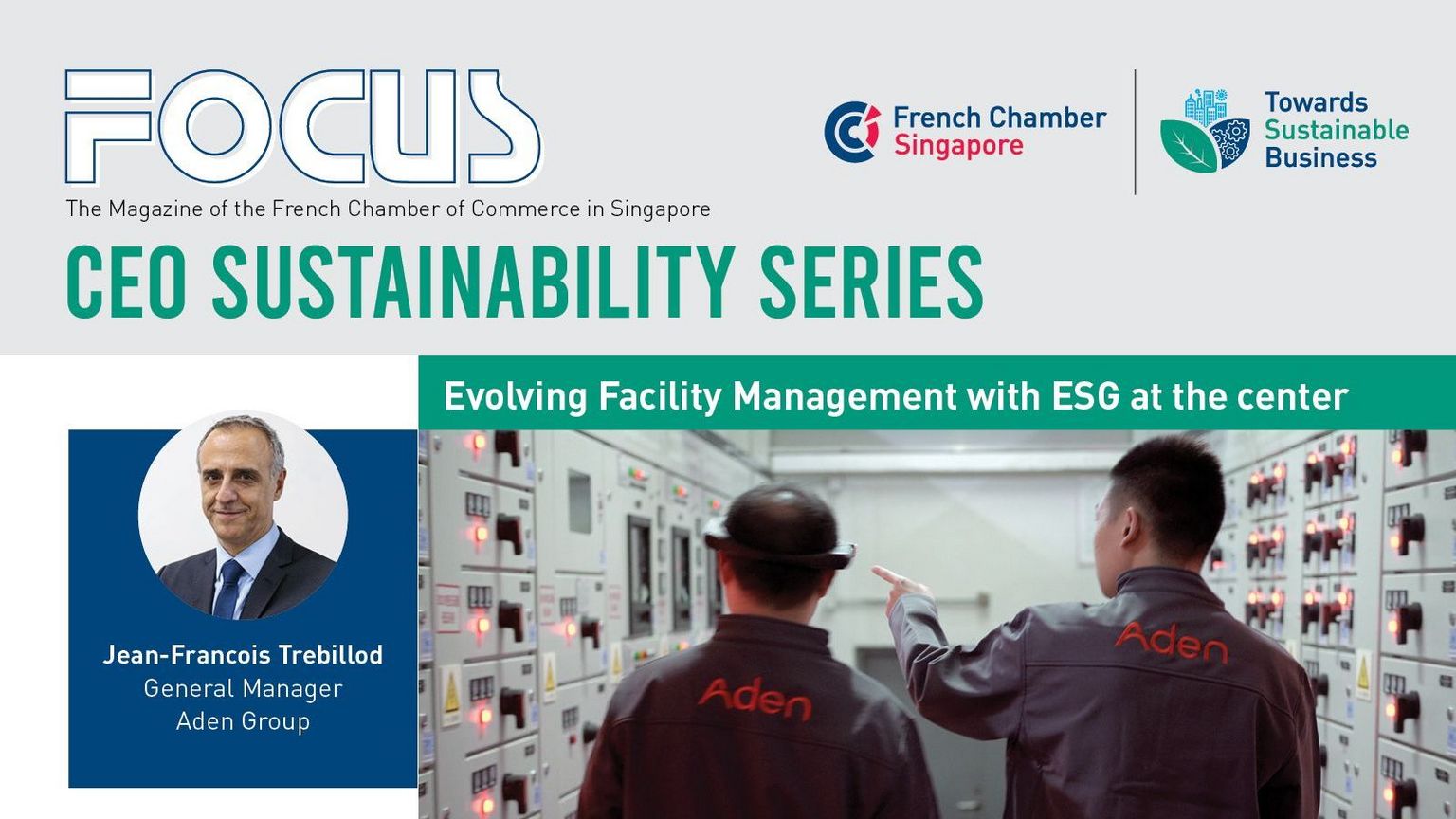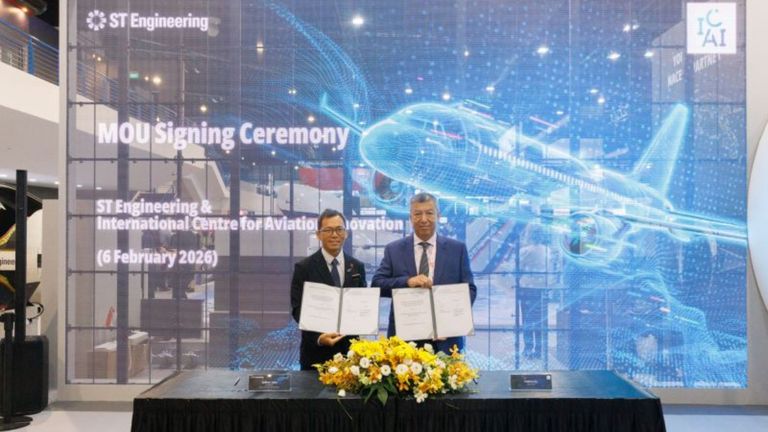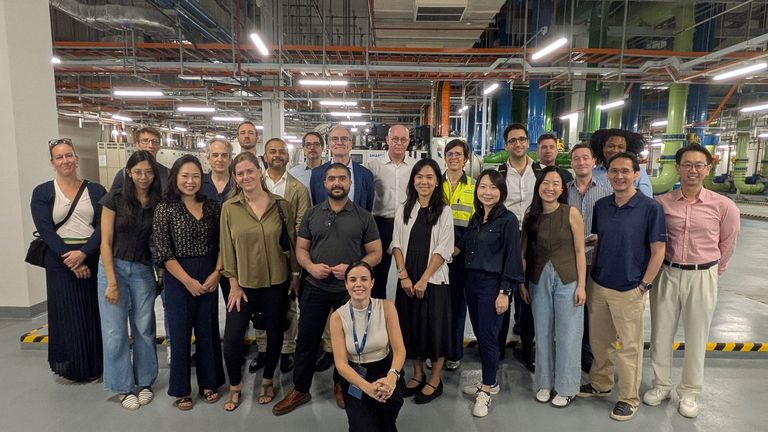Companies news • Analyses & Studies • Portraits • Publications
CEO Sustainability Series | Jean-Francois Trebillod General Manager Aden Group

As part of the Sustainable Business initiative, the French Chamber of Commerce in Singapore presents a leadership interview series where we invite CEOs and key executives to discuss crucial management qualities that drive successful sustainable transformation.
Question 1: What has your company’s sustainability journey been like so far?
Aden brings sustainability to the built environment on behalf of our partners – that means classic facility management services, but also building data management and solutions for the big systems in buildings, the ones that really drive environmental impact: energy management, renewables, technical-asset management, waste management and more.
A key statistic that we always keep in mind is that the built environment accounts for approximately half of all carbon emissions globally. People don’t always realize that the number is so massive, but it’s true: if you look at the full lifespan of buildings from construction into operations, and consider just how much they consume on things like heating and cooling, lighting, compressed air, etc., the environmental impact is massive.
Aden Group is about managing this complexity in a holistic way, finding every opportunity to bring efficiency and digitalization to our partners’ sites and portfolios. When you do that, you can make a dramatic impact on carbon emissions, and accelerate your partners’ ESG initiatives with very robust and comprehensive data.
Question 2: This year Aden Group signed an MOU with TotalEnergies. What possibilities does this open in terms of sustainable facility management?
This is indeed a very exciting opportunity for us. We are working with TotalEnergies to develop collaborative opportunities for clients in Southeast Asia. Simply put, we are stronger together - through TotalEnergies, we can offer tremendous expertise in solar energy projects for C&I. And from our side, Aden Group is able to leverage its digital twin platform Akila. This enables
us, in the same project, to do advanced energy management and maintenance, and to deliver real-time collection of ESG data. What is especially exciting is that this capacity is potentially scalable across a whole portfolio. So, we have the foundations to carry out very ambitious renewable energy and carbon-reduction projects at a regional and multinational level.
Question 3: Let’s talk about the Akila platform. Your website describes it as an “ESG-first digital twin platform.” How does Aden use it and what do you mean by “ESG-first?”
The Akila platform is really at the heart of Aden Group’s offer. As a platform, it was designed to collect and link all the data from different building systems, and to put this data into a standardized format so that at any time, stakeholders can log in and see completely up-to-date analytics on their buildings’ performance. They can look from the highest level, and compare site performance and carbon emissions at all of their sites, or they can zoom in to
a particular facility, room, and even piece of equipment.
What makes Akila an ESG-first platform is the emphasis on creating a single source of truth where all of this data is recorded and made transparent. Very often, clients have all the right ambitions to be sustainable, but they simply don’t have the tools to measure and track progress, or simulate different outcomes. They are stuck using Excel sheets or other simple tools for their efficiency and decarbonization projects, with all the risk of human error that brings.
Technologies like digital twin and AI are really revolutionizing what we can offer clients in terms of sustainability, human wellness and human-centricity in the built environment.
And, because of Akila's strategic partnerships with Microsoft and Dassault Systèmes, we are even further empowered to use it as a tool to help clients in Asia pursue their ESG and decarbonization initiatives.



